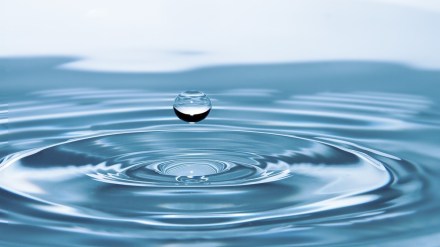A new study has revealed that chlorinating drinking water at levels common in the United States and European Union can increase the risk of several cancers. The study is based on the analysis of recent research from across the world.
According to a report by The Guardian, the process of disinfecting water with chlorine creates trihalomethane (THM) byproducts. Reportedly, these products are found in virtually all public drinking water systems across the US and EU. The Guardian report highlights that nearly 300 million people in the US have concerning levels in their water, by one estimate.
The study authors maintain that there is a 33 percent increased risk of bladder cancer and 15 percent increased risk of colorectal cancer.
“What we see is alarming and we need some more high quality studies,” Emilie Helte, a lead author with Karolinska Institutet in Sweden, said.
It is noteworthy that the process of disinfecting water is an essential public health measure and it has significantly reduced microbial infections and waterborne illnesses, like cholera and typhoid fever in the United States.
However, in the 1970s it was discovered that chlorination can also cause serious negative effects on your health. Some of the most common – chloroform, bromoform, bromodichloromethane, and chlorodibromomethane – are known to be genotoxic and carcinogenic to rats.
The US and EU set limits on byproducts at 80 parts per billion (ppb) and 100ppb, respectively. However, the new research points to increased cancer risks at levels as low as 40ppb, which is around what they have been found at in New York City. The EPA reports levels are typically in the 40 to 60ppb range and the public health advocacy non-profit Environmental Working Group estimates the safe level at 0.15ppb, The Guardian reported.
The new study revealed that men were more at risk than women. The authors only looked at bladder and colorectal impacts because there is a dearth of research on other cancers. Researchers are not sure why the chemicals seem to most frequently target the large intestine and bladder, Helte said as quoted by The Guardian.
Helte maintained that alternatives such as treating the water with ultraviolet light or installing new filtration systems are also possible, but are expensive.
